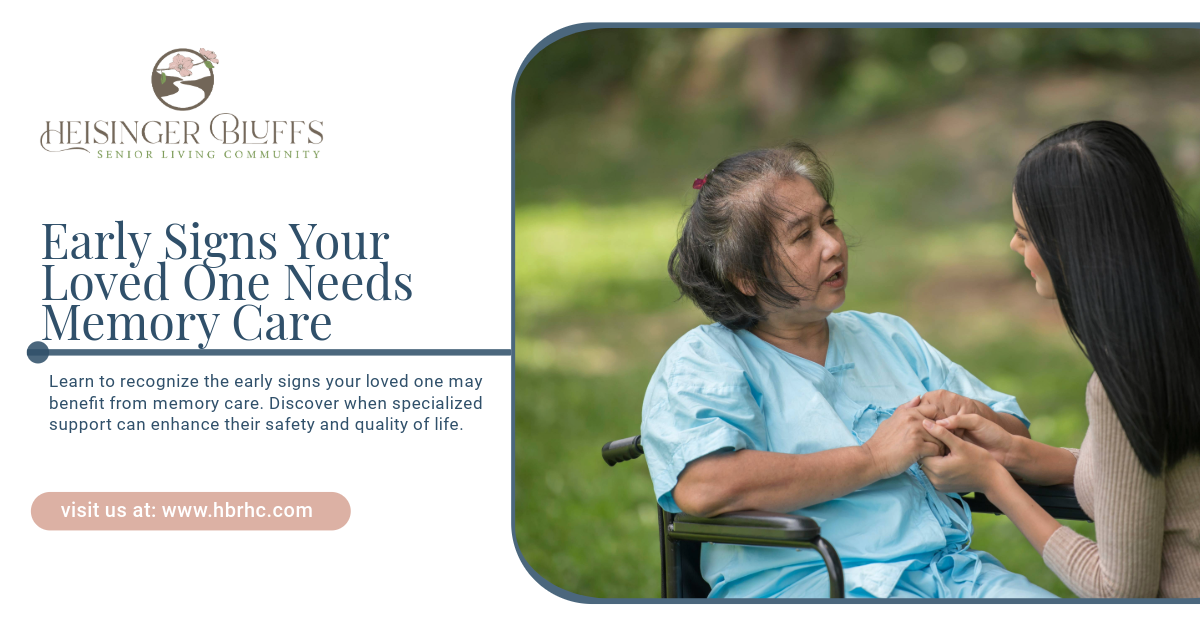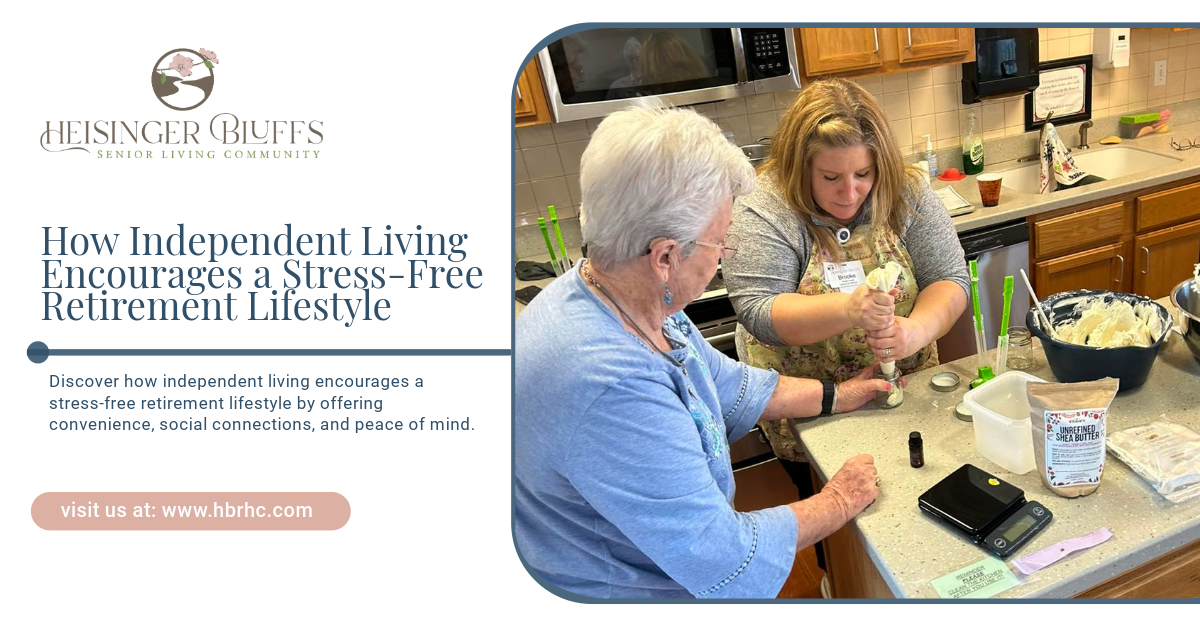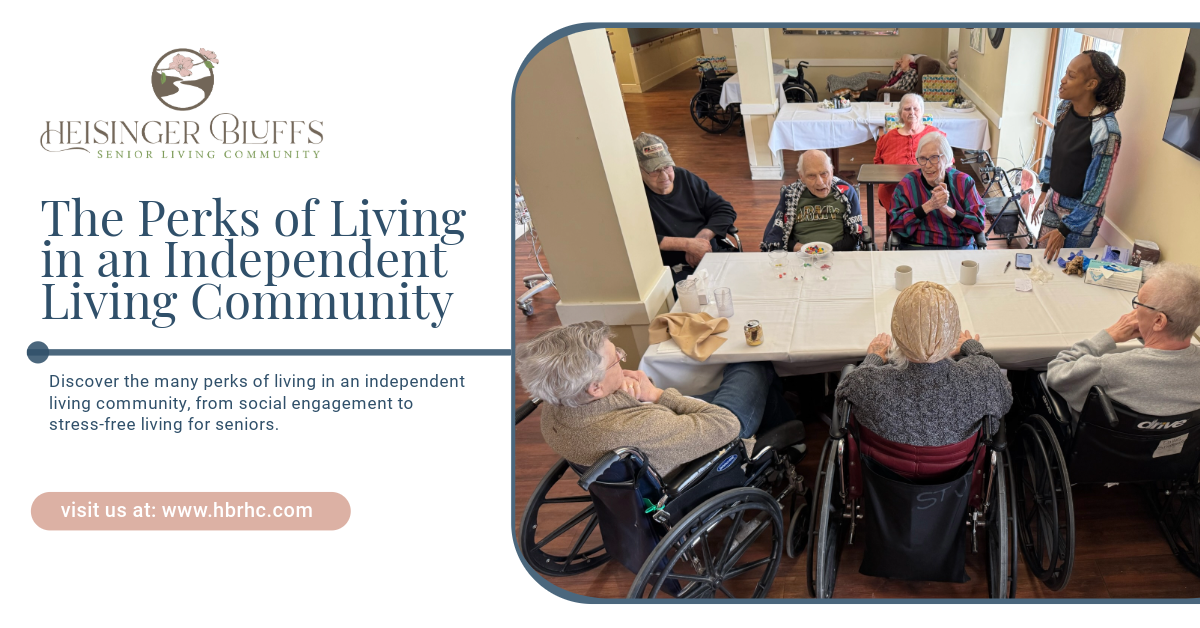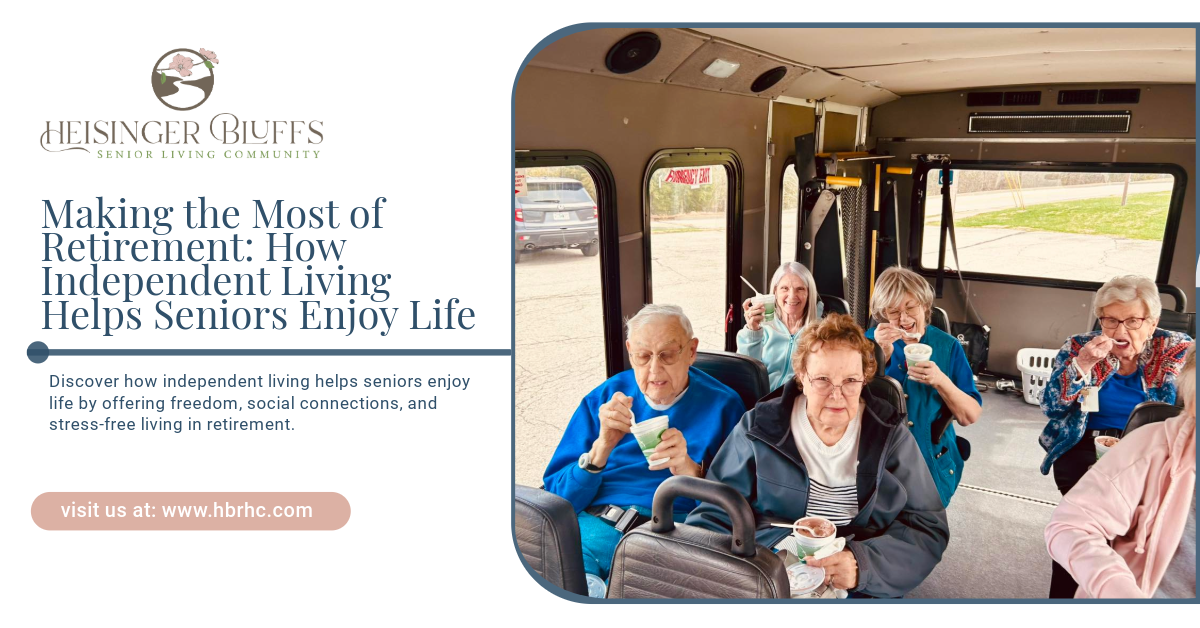Get in touch
Does Your Loved One Need Memory Care? Early Signs to Watch

Recognizing when a loved one needs specialized care can be challenging. For families supporting someone with Alzheimer’s or other forms of dementia, the shift from independent living to memory care often involves identifying specific signs that everyday tasks and safety are becoming unmanageable.
This blog explores the early indicators that suggest your loved one may benefit from memory care. Understanding these signs can help you make informed decisions to ensure their well-being and quality of life.
Why Memory Care?
Memory care provides tailored support for individuals experiencing memory loss due to dementia or similar conditions. These communities are designed with safety and comfort in mind, offering a structured environment, professional caregivers, and therapeutic activities to enhance cognitive and emotional well-being.
Early Signs to Watch For
1. Difficulty Managing Daily Tasks
One of the first signs of memory-related decline is struggling with routine activities like:
- Cooking meals.
- Managing finances.
- Keeping track of medications.
These challenges often indicate the need for more consistent support.
2. Increased Forgetfulness
Everyone forgets things occasionally, but consistent memory lapses—such as forgetting familiar faces or places—may signal the need for specialized care.
3. Wandering or Getting Lost
Wandering is a common symptom of dementia. If your loved one frequently gets lost or disoriented, even in familiar environments, memory care can provide a secure and supportive space.
4. Behavioral Changes
Look for unusual changes in mood or behavior, including:
- Increased irritability or aggression
- Withdrawal from social activities
- Paranoia or confusion
5. Decline in Personal Hygiene
Neglecting hygiene, such as bathing, grooming, or wearing clean clothes, may indicate cognitive challenges that require intervention.
When Safety Becomes a Concern
Accidents or Injuries
Frequent falls, kitchen mishaps, or leaving appliances on can signal that living independently is no longer safe.
Driving Difficulties
If your loved one has trouble navigating roads, gets lost while driving, or becomes easily overwhelmed, it may be time to consider memory care.
Poor Judgment
Examples include:
- Giving away large sums of money to scammers
- Leaving the house inappropriately dressed for the weather
- Forgetting to eat or drink
Emotional Signs That Suggest Memory Care Is Needed
Isolation
If your loved one avoids friends and family, it might indicate depression or confusion. Memory care communities encourage social interaction, which can significantly improve their mental health.
Anxiety or Stress
Dementia often increases feelings of anxiety. A memory care environment provides routines and reassurance to reduce stress.
The Role of Family and Caregivers
Family members and caregivers are often the first to notice these signs. It’s essential to trust your instincts and seek a professional evaluation if you suspect your loved one’s needs are changing.
Benefits of Memory Care
1. A Structured Environment
Memory care communities provide daily routines to minimize confusion and create a sense of stability.
2. Specialized Staff
Caregivers in memory care settings are trained to manage the unique challenges of memory loss, ensuring your loved one receives compassionate and professional support.
3. Safety Measures
Features like secure entrances, monitored common areas, and emergency response systems prioritize residents’ safety.
4. Therapeutic Activities
Activities tailored to cognitive abilities—such as art therapy, music therapy, and memory games—help enhance residents’ mental and emotional health.
When to Transition to Memory Care
Making the decision to move a loved one into memory care is never easy. However, if their safety, health, or quality of life is at risk, specialized care can provide the necessary support.
Signs that it’s time to transition include:
- Frequent emergency situations (e.g., falls or wandering)
- Increasing caregiver burnout
- Difficulty ensuring their needs are met at home
Final Thoughts
At Heisinger Bluffs, we understand the challenges families face when considering memory care. Our community offers compassionate, specialized support to ensure your loved one’s safety, dignity, and quality of life. Contact us to learn more about our memory care options.
Frequently Asked Questions
What is the difference between assisted living and memory care?
While both provide support for daily tasks, memory care specifically caters to individuals with memory impairments. It includes secure environments, specialized activities, and staff trained in dementia care.
How do I know if my loved one is ready for memory care?
Signs include frequent forgetfulness, safety concerns, changes in behavior, and difficulties with daily tasks. A professional evaluation can provide clarity.
Can memory care improve my loved one’s quality of life?
Yes, memory care provides a safe, structured, and supportive environment that enhances well-being, reduces anxiety, and fosters social interaction.



Want to know more?
We will get back to you as soon as possible.
Please try again later.
You May Also Like To Read
Heisinger Bluff’s Life Plan Community is here to make your senior years safe, stimulating and enjoyable so that you can savor the present, knowing the future will be taken care of.
QUICK LINKS
CONTACT
©2024. Heisinger Bluffs. All rights reserved.








